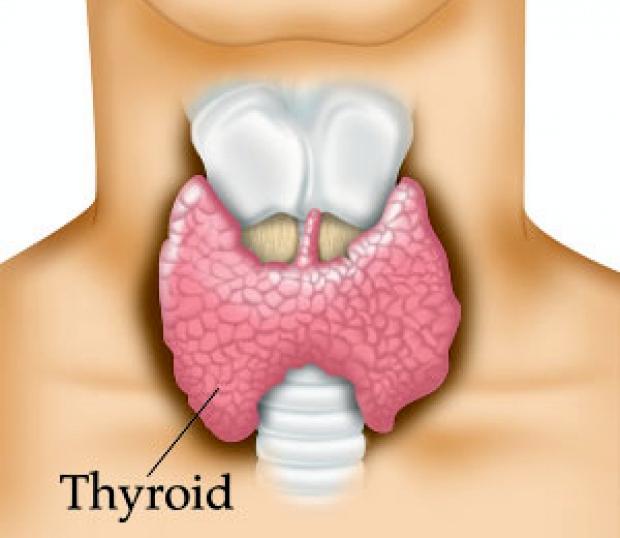What Is the Thyroid Gland?
People often ask us ‘what is the thyroid gland.’ The thyroid gland is one of the most important glands in the human body. If it doesn’t function properly, we can suffer from energy problems, weight fluctuations, mental health issues, sweating, fatigue, baldness, among many other symptoms.
Thyroid gland function
The thyroid is one of the body’s eight main endocrine glands, each of which releases hormones essential to human life. These include the pituitary gland, which produces hormones that regulate growth and other functions, the adrenal glands, which release stress hormones, and the islets of Langerhans, clusters of cells on the pancreas that generate insulin.
The thyroid produces and releases several hormones, the principles being triiodothyronine, thyroxine and calcitonin. The first two regulate metabolism rates and the growth and functioning rates of other bodily systems. Calcitonin acts to reduce calcium in the blood.
Thyroid gland disorders
There are several common problems affecting the gland, but the most frequent are hyperthyroidism, in which the gland is over-productive, and hypothyroidism, in which it’s underproductive. Each of these is caused by an over- or underproduction of the hormones triiodothyronine and thyroxine.
Hyperthyroidism most often results from Graves’ disease, an autoimmune disorder in which antibodies mistakenly compel the thyroid to generate too much of these hormones. Symptoms include neck goitres, excessive sweating, heart palpitations, bulging eyes, weight loss, irritability, diarrhoea, muscle weakness, sleep problems, sensitivity to heat and increased appetite.
Hypothyroidism can result from a number of factors, including autoimmune disorders, iodine deficiencies, genetics, stress and removal of the gland during surgery for hyperthyroidism or cancer. Common symptoms are weight gain, memory problems, baldness, sensitivity to cold, fatigue and slowed heart rate.
Both hyper- and hypothyroidism are commonly mistaken for clinical depression. Weight fluctuations, irritability, fatigue, sleep disturbances and memory problems are all common symptoms of major depressive disorder.
Cancer is also a possible cause of problems with this gland and its function. It usually presents without symptoms, aside from a nodule in the neck, as well as neck pain and vocal changes that can occur later in the cancer’s development.
The best way to prevent these problems from developing is to keep track of your glandular health. If you believe you’re experiencing some of these symptoms, or you have other reason to worry, check your thyroid in the mirror. Simply tilt your head back while keeping an eye on the area between your Adam’s apple and your collarbone. Swallow a mouthful of water, and repeat several times. If you see any bulges, protrusions or other unusual signs, call your doctor.
If you have questions or concerns about thyroid problems see your local doctor who will arrange for you to see a thyroid surgeon.

